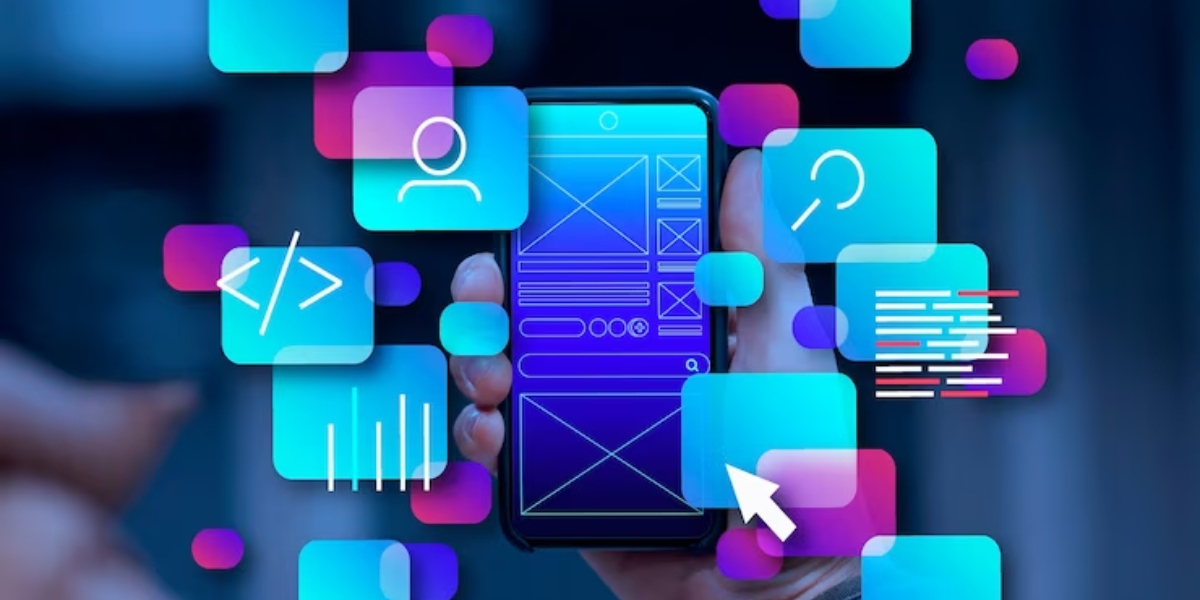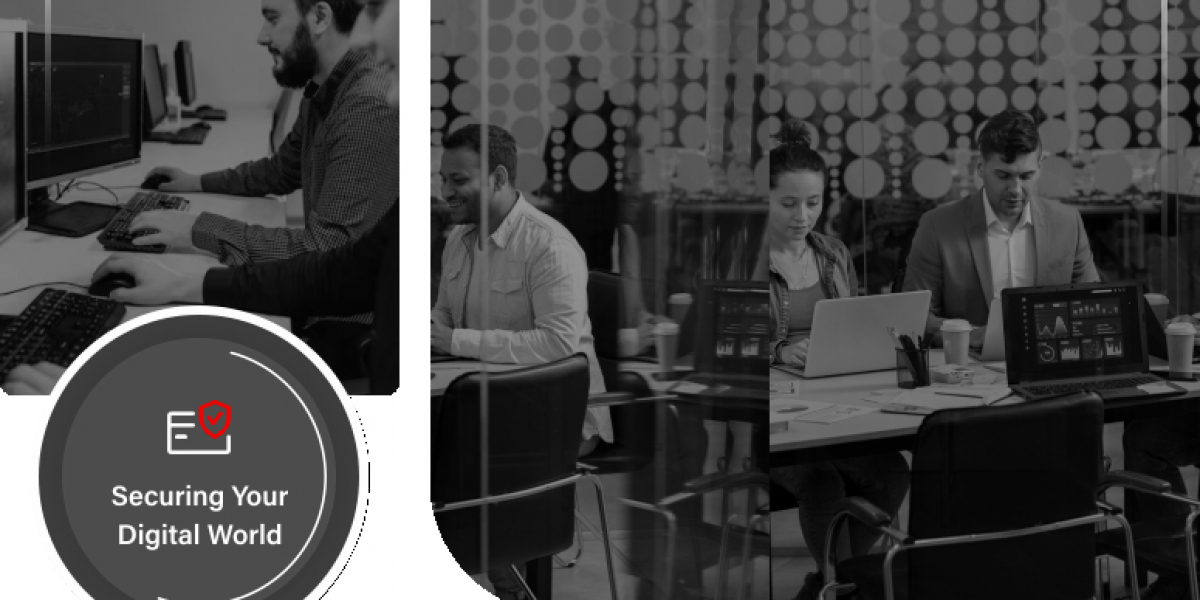The lifespan of applications often outstrips their effectiveness and adaptability. Legacy applications, once the pinnacle of innovation, can become burdensome liabilities that hinder organizational progress. To overcome this challenge, businesses increasingly turn to application modernization—a strategic endeavor aimed at revitalizing existing software assets to meet contemporary business needs and technological standards.
The Imperatives of Application Modernization:
Application modernization is not merely about keeping pace with the latest trends; it's about addressing fundamental challenges and realizing specific benefits. Organizations undertake modernization initiatives for various reasons, including:
· Enhanced Scalability: Legacy applications may struggle to accommodate growing user bases or increased workloads. Modernization allows for scalable architectures that can grow with the organization's needs.
· Improved Performance: Sluggish response times and system bottlenecks hinder productivity and user satisfaction. Modernization endeavors seek to optimize performance, ensuring efficient operations.
· Increase Flexibility and Agility: In today's dynamic business environment, agility is key. Modernized applications are designed to adapt quickly to changing market conditions and customer demands.
· Enhanced User Experience: User expectations continue to rise, necessitating intuitive interfaces and seamless interactions. Modernization efforts prioritize enhancing the user experience to drive engagement and loyalty.
· Optimize Costs: Legacy systems can be expensive to maintain and operate. Modernization initiatives aim to streamline processes, reduce maintenance overheads, and lower total cost of ownership.
· Enable Integration and Interoperability: Modernized applications seamlessly integrate with other systems and technologies, facilitating data exchange and interoperability.
· Address Security and Compliance: Legacy applications may pose security risks due to outdated architectures and vulnerabilities. Modernization enhances security measures and ensures compliance with industry regulations.
· Futureproofing: By leveraging modern technologies and architectures, organizations future-proof their applications against obsolescence and technological shifts.
· Legacy System Replacement: Some legacy systems have reached the end of their lifecycle and need to be replaced with more efficient solutions.
· Business Transformation: Application modernization catalyzes broader business transformation initiatives, driving innovation, efficiency, and competitive advantage.
To Broaden Your Perspective: https://devopsenabler.com/contact-us
The Modernization Approach:
Each organization's modernization journey is unique, dictated by its specific circumstances, industry dynamics, and strategic objectives. At DevOps Enabler & Co., we recognize that "One Size Does Not Fit All." We collaborate closely with our clients to develop tailored strategies that address their specific requirements and align with their business goals.
Modernization approaches include:
1. Re-Architecting: Redesigning and restructuring the application's architecture to leverage modern technologies, practices, and patterns.
2. Microservices: Breaking down monolithic applications into smaller, manageable components to enhance scalability, flexibility, and resilience.
3. Re-Hosting: Migrating applications from on-premises environments to the cloud without significant architectural changes.
4. Containerization: Implementing lightweight and isolated runtime environments to ensure consistency across different computing environments.
5. Re-Platforming: Moving applications to new platforms without altering their underlying code.
6. Assessments: Conduct comprehensive assessments to understand the current state of applications, identify areas for improvement, and develop a roadmap for modernization.
7. DevSecOps: Integrating security practices into the DevOps workflow to ensure collaboration and shared responsibility across development, security, and operations teams.
Application modernization is a strategic imperative for organizations seeking to remain competitive and innovative in today's digital landscape. By transforming legacy applications, businesses can unlock new opportunities, improve operational efficiency, and deliver superior experiences to customers and stakeholders.
With careful planning, alignment with business objectives, and the right mix of technologies and methodologies, organizations can navigate the complexities of modernization and emerge stronger, more resilient, and better equipped to meet the challenges of tomorrow. At DevOps Enabler & Co., we stand ready to partner with our clients on their modernization journey, leveraging our expertise and experience to drive meaningful transformation and deliver tangible results.
Contact Information:
- Phone: 080-28473200 / +91 8880 38 18 58
- Email: sales@devopsenabler.com
- Address: DevOps Enabler & Co, 2nd Floor, F86 Building, ITI Limited, Doorvaninagar, Bangalore 560016.









